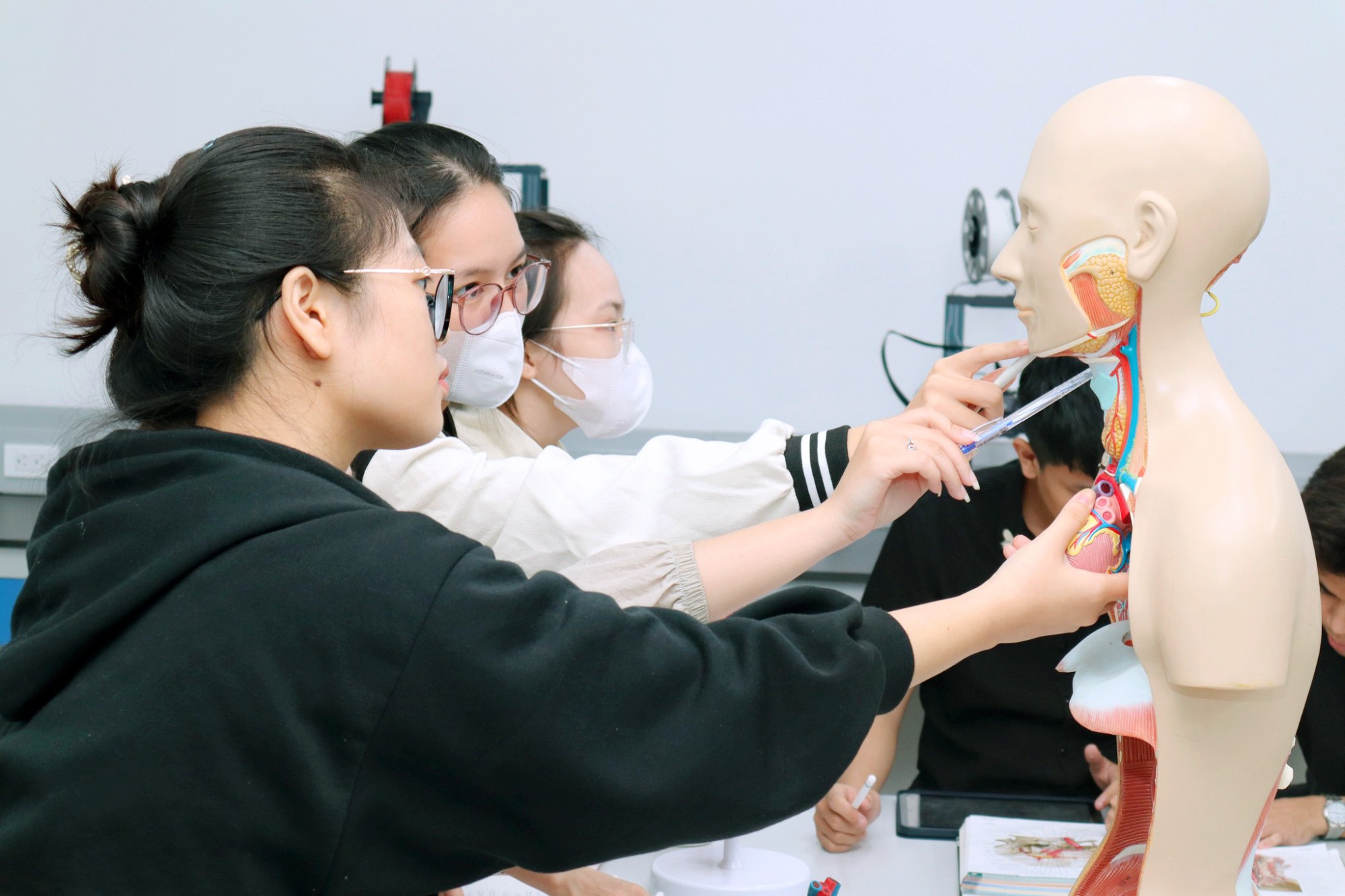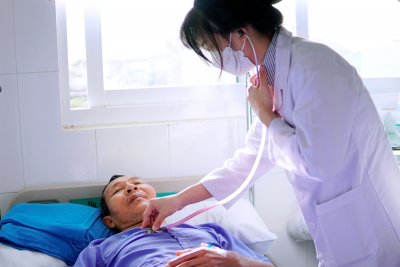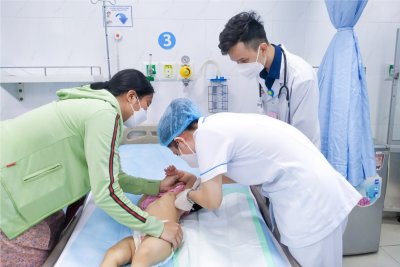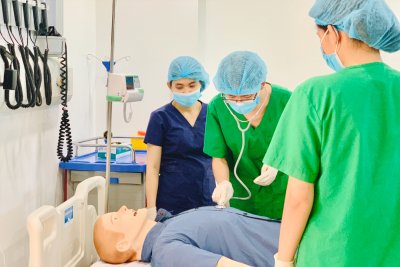Contact Admission
International Collaboration
General Nursing



The General Nursing program trains graduates to provide comprehensive patient care, monitoring, and treatment support across all levels of care—from hospitals to community health. Students build a foundation in the health sciences (anatomy, physiology, pathophysiology–immunology, microbiology, pharmacology, biostatistics–research methods) along with professional modules such as the nursing process, infection prevention and control, communication–ethics, basic emergency care and resuscitation, nutrition, rehabilitation, and specialty care in internal medicine, surgery, obstetrics–gynecology, pediatrics, geriatrics, psychiatry, infectious diseases, and palliative care.
Throughout the program, learners develop skills in assessment–nursing diagnosis–care planning–implementation–evaluation; perform routine procedures safely; maintain standard clinical documentation; deliver health education to individuals and communities; work effectively in interprofessional teams; and use hospital information systems and English for professional purposes.
|
Students examine patients at the school's practical hospital Nursing instructors are giving practical guidance to students of PCTU |
|
|
Student Intern at Pre-Clinical Skills Center Practice skills before going to practice at the Hospital |
Graduates are awarded a Bachelor's degree in Nursing
| - Program: | General Nursing |
| - Major code: | 7720301A |
| - Education level | Undergraduate |
| - Training system | Regular |
| - Degree upon graduation | Bachelor of Nursing |
| - Duration of training | 4 years |
With the advantage of an Institute–University training model that includes a nationwide network of dedicated teaching hospitals, students enrolled in the Nursing program at Phan Chau Trinh University gain several benefits:
- Clinical practice accounts for 70% of the curriculum and is conducted in hospitals. Students are exposed to the hospital environment from the first year; the more they practice, the stronger their clinical skills become. Each clinical instructor supervises groups of 5–6 students during rotations. Upon graduation, students are far more confident.
- Students have opportunities to rotate through multiple hospitals across different provinces and cities, such as Da Nang, Nha Trang, Dong Thap, and Ho Chi Minh City.
Upon graduating with a Bachelor of Nursing, students can work in hospitals (internal medicine, surgery, obstetrics–gynecology, pediatrics, critical care, geriatrics, etc.), clinics, health centers, and long-term care facilities; take part in community health programs, care coordination, and health counseling. There are clear pathways to roles such as charge nurse/unit coordinator or nurse manager, as well as to postgraduate study and specialty certifications.
This program suits those who care deeply about people, demonstrate responsibility, communicate well, value a disciplined and human-centered workplace, and embrace lifelong learning.
You may also pursue advanced degrees (Master’s, PhD) and become a lecturer at universities and colleges nationwide.

















